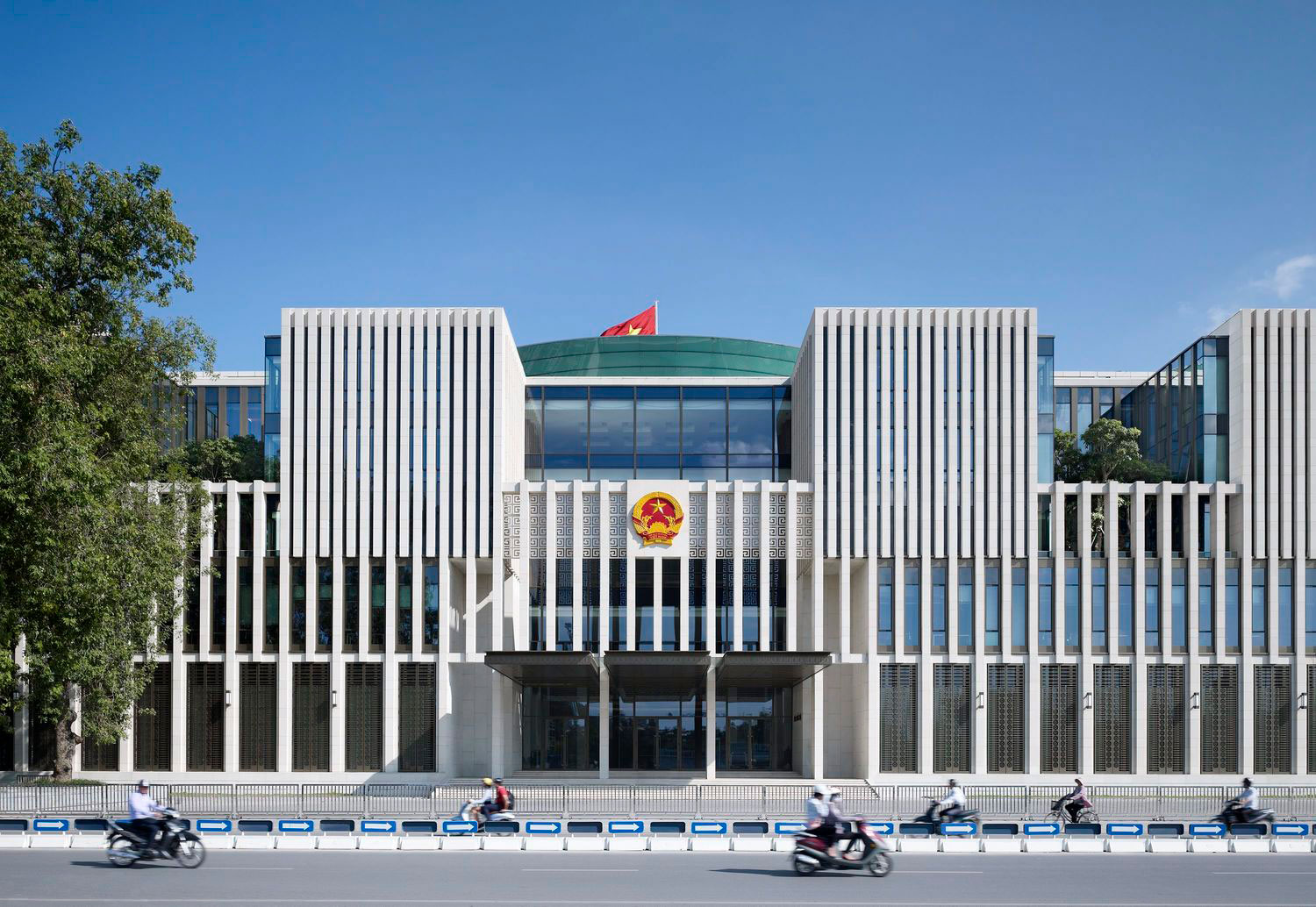On 17 October 2018 the European Commission adopted the free trade agreement (FTA) between the EU and Vietnam. The FTA has been presented for signature to the European Council. A factsheet on the FTA with Vietnam has also been issued and sets out the following information.
Eliminating customs duties
The agreement will eventually abolish more than 99% of all tariffs and will partly remove the remainder by means of limited zero-duty quotas called Tariff Rate Quotas (TRQs). 65% of duties on EU exports to Vietnam will be abolished when the FTA enters into force and the remaining duties will be gradually removed over a period of ten years. EU customs duties on imports from Vietnam will be abolished progressively over a period of seven years. The EU factsheet explains that this asymmetry in treatment takes into account that Vietnam is a developing country.
Almost all machinery and appliances will be fully tariff-free at entry into force, and the rest after five years. Roughly half of EU pharmaceuticals exports will be duty free at entry into force and the rest after seven years. Duties on all textile fabric exports will be removed from the date of entry into force of the FTA. Almost 70% of EU chemicals exports will be duty free from the date of entry into force and the rest will be duty free after a period of three, five or seven years. Wines and spirits will be fully tariff-free after seven years.
The EU will not open its market up to Vietnamese imports completely in relation to sensitive agricultural products. There will still be quotas that will limit the quantity of these products that can enter the EU duty-free. The sensitive agricultural products to which the quotas apply will include rice, sweet corn, garlic, mushrooms, eggs, sugar and high-sugar-containing products, manioc starch, other modified starches, ethanol, surimi and canned tuna. Measures are also included to protect European geographical indications for food and drink.
Reduction of non-tariff barriers
In the FTA Vietnam has committed to increasing the use of international standards when drafting its customs regulations. The FTA also contains a chapter on sanitary and phytosanitary measures to facilitate trade in plant and animal products. Also Vietnam will recognise the EU as a single entity for the purposes of authorising EU animal and plant exports. Measures are also included in the agreement to reduce non-tariff barriers in the automotive sector.
Level playing field
The FTA will level the playing field between state-owned enterprises and private enterprises in situations where the state-owned enterprises are engaged in commercial activities. The agreement also contains rules on transparency, and consultations on domestic subsidies.
Intellectual property
Vietnam has committed to a high level of protection of intellectual property rights that goes beyond the standards set out in the WTO’s agreement on Trade-Related Aspects of Intellectual Property Rights (TRIPS). Consequently EU innovations, artworks and brands will be better protected against unlawful copying and there are stronger enforcement provisions. The EU pharmaceutical sector will benefit from improved protection of test data and will be given the possibility to obtain an extension of the term of a patent up to two years if there are delays in the marketing authorisation.
Services
Under the FTA Vietnam is committed to substantially improving access for EU companies to a broad range of services sectors, including business services; environmental services; postal and courier services; banking; insurance; and maritime transport. The agreement will contain a clause allowing the best results of other trade agreements currently being negotiated to be incorporated in the EU-Vietnam FTA.
Promotion of bilateral investment
Under the FTA Vietnam has committed to open up to investments in manufacturing in food products and beverages; fertilisers and nitrogen composites; tyres and tubes; gloves and plastic products; ceramics; and construction materials.
Dispute resolution
The FTA provides for fast and efficient dispute resolution. The FTA provides for formal consultations and for voluntary mediation to tackle measures that adversely affect bilateral trade and investment.















